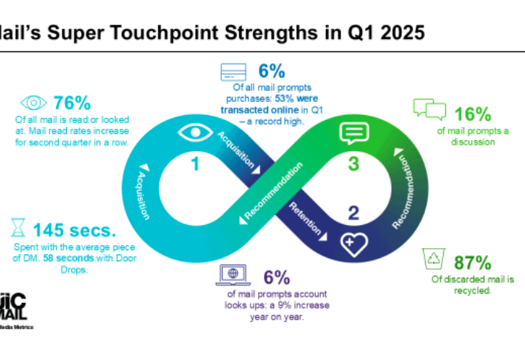The paper producer
The WWF Paper Scorecard is useful for paper customers looking to source responsibly produced products and offers one method to evaluate the environmental performance.
While taking a number of environmental aspects into account, the scorecard doesn’t yet provide a definitive answer. It would benefit from further development, particularly with regard to the weighting of the different aspects and which certification schemes are accepted. Since attitudes differ on different environmental aspects, a rigid weighting system does not necessarily reflect all stakeholders’ views.
PEFC has asked WWF to review the scorecard, which currently rates only FSC-accredited supplies.
John Sanderson, director, regional environmental affairs marketing sales services group at UPM-Kymmene (UK)
The printer
The WWF Paper Scorecard is potentially of great benefit to anyone interested in buying paper and print more responsibly. There are a number of serious environmental impacts associated with paper making, and this is the best attempt so far to provide paper buyers with an easy way to compare the merits of different papers.
The fibre-source scoring will rightly be the subject of some debate and the carbon footprint of the paper may in time earn more than the current 20% maximum of the total, but let’s use it and improve it.
Richard Owers, marketing director at Pureprint Group
The accreditation body
WWF has missed an opportunity to make the scorecard a useful tool for printers as it fails to recognise market realities.
Around 10% of the world’s forests are certified and only one-third of those to the FSC scheme. While acknowledging that “several schemes have made contributions to improved forest management”, the scorecard does not reflect this as no points are awarded for paper derived from the two-thirds of the world’s forests accredited in the PEFC scheme.
So, material from third-party, credible, internationally recognised forest certification schemes is treated the same as non-certified forest products, which could be from illegal and unsustainable sources.
PEFC considers that the market deserves a practical tool, and has attempted to engage WWF in dialogue in order to improve the scorecard’s usefulness.
Ben Gunneberg, secretary general at PEFC Council
Everybodys talking about... the WWF Paper Scorecard
<i>Environmental group WWF has created a paper scorecard to give paper buyers a way to compare the social and ecological impact of different stocks. It promotes recycled fibre and FSC-certified pulp and looks at how the paper affects climate change. Will it help printers make decisions that are good for business and the environment?</i>







